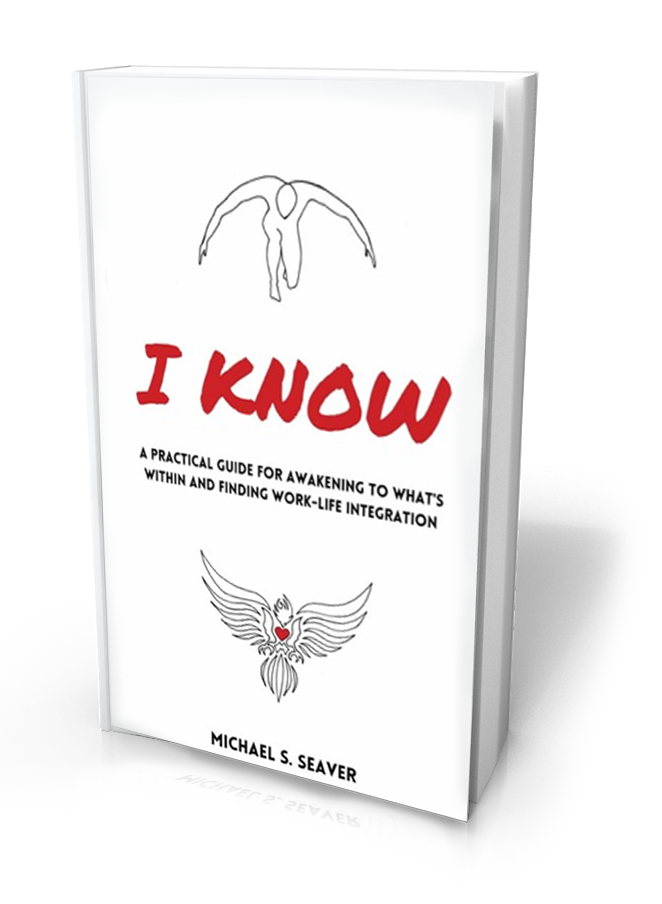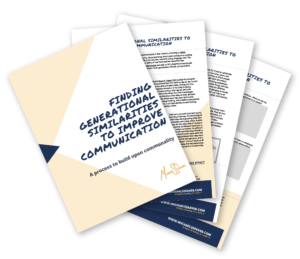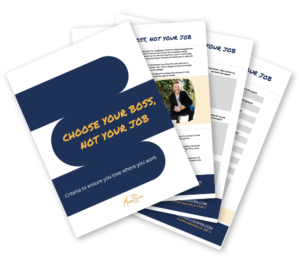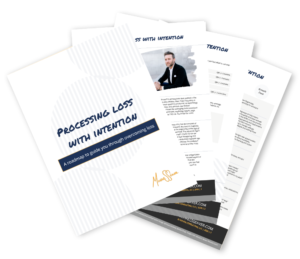Benjamin Disraeli once said, “The greatest good you can do for another is not just to share your riches but to reveal to him his own.” In the late 1800s, Disraeli served as Prime Minister for the United Kingdom and is most well known for his role in helping to create the conservative party.
I believe this quote to be important for multiple reasons. First, we’ve moved into a societal construct where we find great value in gifting our resources (knowledge, network, advice, time, money, etc.) to others simply for that person’s betterment. Some call this karma. Others call it being a “go-giver”. I call it generating thick value. We do these things purposefully without expectation of reciprocity. We take these actions because humans find emotional fulfillment in supporting others. I advocate that my clients do three nice things for someone (customized to that person) before they ever ask for anything in return.
Second, and perhaps more meaningful to me because of my life’s work, is to “reveal to him his own”. I see each person I interact with as unique. The societal problem I’m trying to solve is that almost no one I speak with believes that he or she is unique. The western education system uses rote memorization, test taking and authoritarianism to push creativity out of our youth. The mainstream media drives deep insecurity because it magnifies fear-inducing, negative events while marginalizing the giant amount of good occurring. Social media create envy when we see our friends in a fancy car, traveling to exotic locations or involved in some exclusive activity. And, humans spend minute fractions of time developing their mind. They’re more likely to visit a gym to achieve the perfect body than to spend each morning reflecting on their blessings, defining what makes them unique and building inner confidence.
The third, and final, idea Disraeli’s quote made me ponder is that most of us play small. We don’t live up to our potential. We do the minimum to keep up with our neighbors. We buy a home in the “right” neighborhood. We keep full-time jobs we despise because the company has brand recognition. We stay in unfulfilling relationships because we fear change. Instead of following our interests, hearts and dreams, we play small and do what is required to fit in with the herd. I coach people helping them play big, supporting each through experiential learning and to take action in alignment with their lives’ missions.
Over the last few months, I’ve been in Chicago, Anaheim, Boston, Orlando, Dallas and Phoenix speaking to audiences about my coaching process, how to make difficult decisions and what factors contribute most deeply to well being. When I begin discussing how a person’s narrative (challenges, major life events, lessons learned) can be converted into meaningful direction, many approach me immediately or call me the next day wanting to tell me their stories. Often, they’ve never looked at their lives through that lens. They’ve never had someone listen so intently or to understand so empathetically. They’ve had countless entrepreneurial dreams, but never knew a step-by-step process to make them reality.
The executives I serve ask me to help them through difficult (but very empowering) situations – divorce, firing a key employee, acquiring a company, helping a child in his/her teenage years, unwillingness to confront their own fears, funding a start-up or insecurities about their health. What I’ve heard time and time again is that it’s lonely at the top and the executive can’t speak about work with his or her spouse. They need a trusted confident to help through the most trying situations. That’s what I do.
I help people through difficult times because I’ve been through them. I’ve got ridiculous stories about my own divorce, losing homes, poor familial relationships, lost money, business failures and more. I’ve seen hundreds of other people through their unique situations and I’ve read countless books, watched TED Talks and listened to podcasts on processes to move through these events as smoothly as possible.
Thankfully, these experiences teach us that tough times or mistakes made aren’t permanent. They’re temporary and will come to pass. They also learn that the event isn’t pervasive. What affects one area of their life doesn’t have to affect their entire life. And, the failure isn’t 100 percent their fault. They may be partially at fault, but there are lessons to learn about how interactions with others teach us important lessons on our journeys.
I tell you these things to remind you that all humans make mistakes and would benefit from you sharing your resources through good and bad. I’ve had the most success with clients when I’ve been side-by-side with them in the most difficult moments. Most coaches will meet with a client for 30-60 minutes every two weeks, assign the client home work and then respond to an email or two in between meetings. This high-level process works, but it extends the success horizon months down the road.
I prefer to drive meaningful change, deep personal learning and increase confidence in the moment. On the spot. When it matters the most. I’m there providing the encouragement to help the person overcome a major fear when he or she needs to not feel alone. If you desire to meet people where they are, don’t simply be with them to celebrate a promotion, wedding, new baby, trip abroad or new home. Meet people where they are when the shit hits the fan.
“Share your riches and reveal to him his own” during the difficult times so he or she sees the value in giving back, unlocking personal uniqueness and playing big in life. Disraeli would be proud you met someone where he or she is.






Connect with me